Vote for the Top Vegetable for Senior
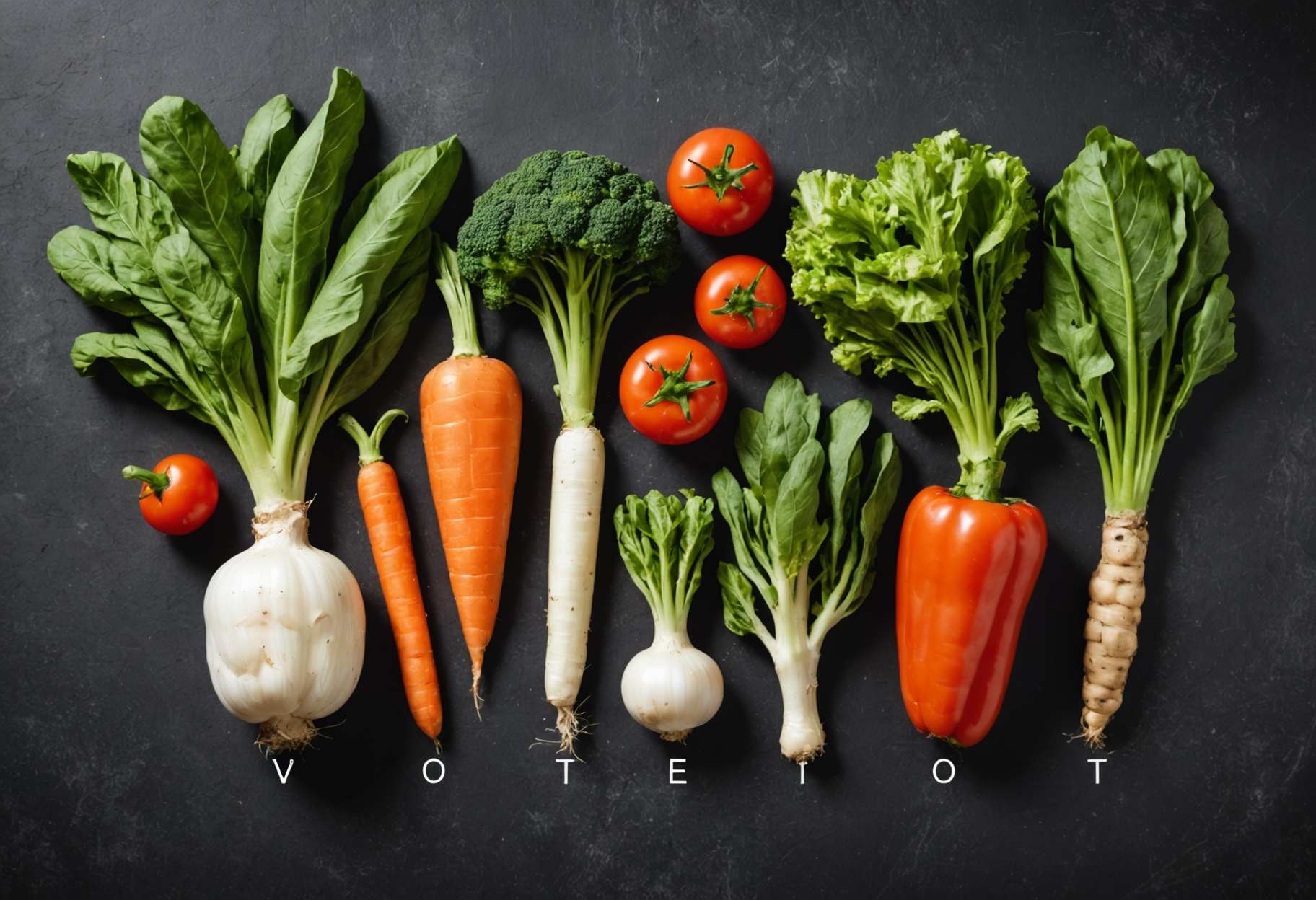
Selecting the appropriate vegetables can greatly improve the health and wellness of seniors. Rich in vital nutrients, vitamins, and minerals, vegetables play a critical role in supporting numerous bodily functions and reducing the risk of chronic illnesses. Delve into the descriptions provided to discover more about these vegetables and cast your vote for the best vegetable promoting senior health.
1
Spinach

Spinach, a nutrient-dense leafy green vegetable, is celebrated for its impressive health benefits. It is abundant in vitamins A, C, and K, as well as folate, iron, and calcium, all of which promote various aspects of senior health. The antioxidants in spinach play a crucial role in mitigating inflammation and oxidative stress, factors associated with aging and chronic illnesses. Furthermore, spinach is a great source of dietary fiber, which aids in digestive health and fosters regular bowel movements. Additionally, spinach contains lutein and zeaxanthin, carotenoids that are beneficial for eye health, as they help guard against age-related macular degeneration and cataracts. Including spinach in one’s diet is straightforward; it can be consumed raw in salads, cooked into various dishes, or blended into smoothies. Its versatility and rich nutritional profile make spinach an essential element of a healthy diet for seniors.
Do you agree?
2
Bell Peppers
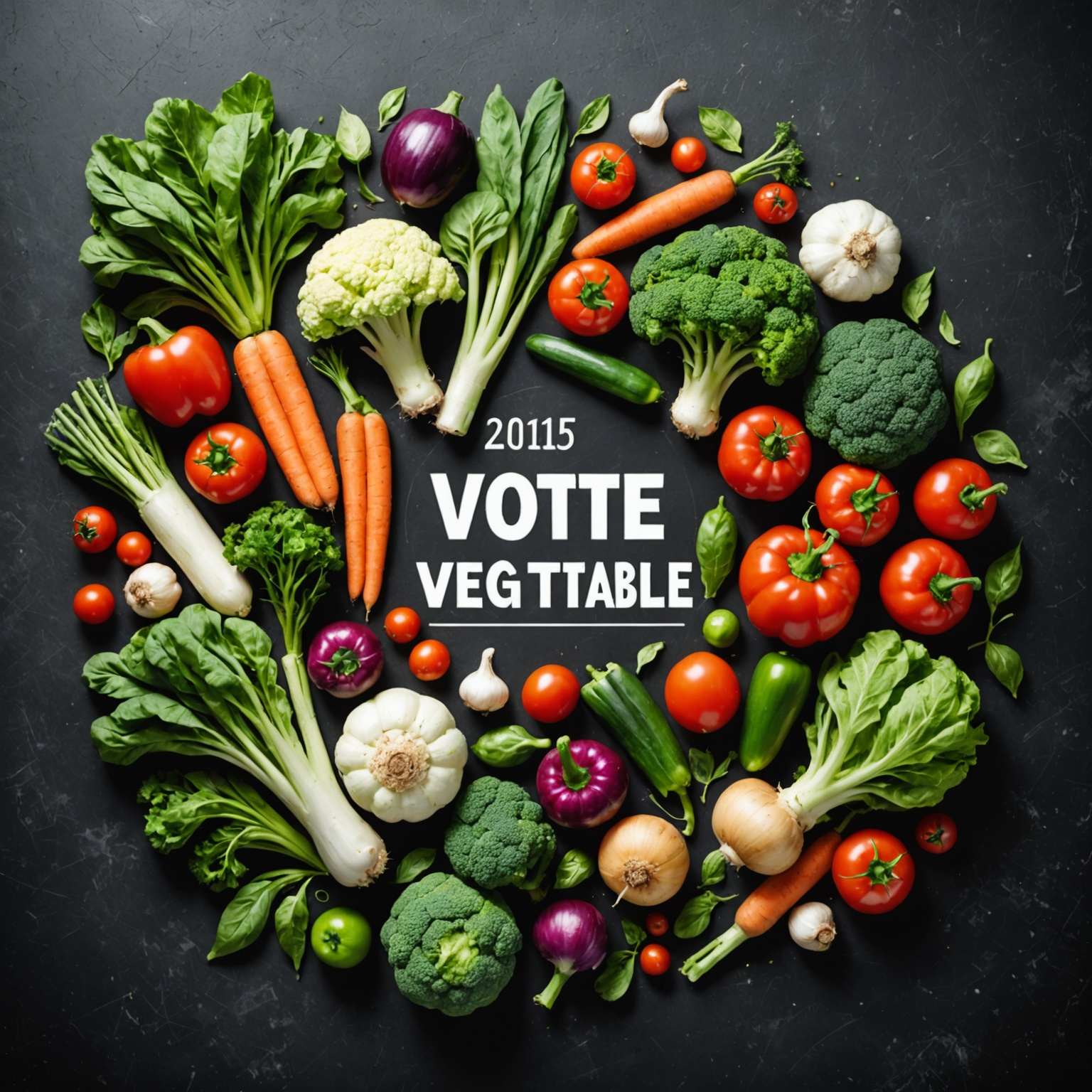
Bell peppers are colorful vegetables abundant in vitamins and antioxidants, making them an excellent choice for promoting senior health. They are particularly rich in vitamin C, which bolsters immune function and skin health, and vitamin A, essential for vision and immune support. Additionally, bell peppers offer vitamin B6, folate, and fiber, all contributing to overall well-being. The antioxidants found in bell peppers, such as carotenoids and flavonoids, help mitigate inflammation and protect against chronic illnesses. With low calorie content and high water content, bell peppers serve as a hydrating and nutritious snack. They can be consumed raw in salads, roasted, sautéed, or stuffed with various fillings. Their sweet flavor and crisp texture make bell peppers a delightful and healthful addition to a senior’s diet.
Do you agree?
3
Brussels Sprouts
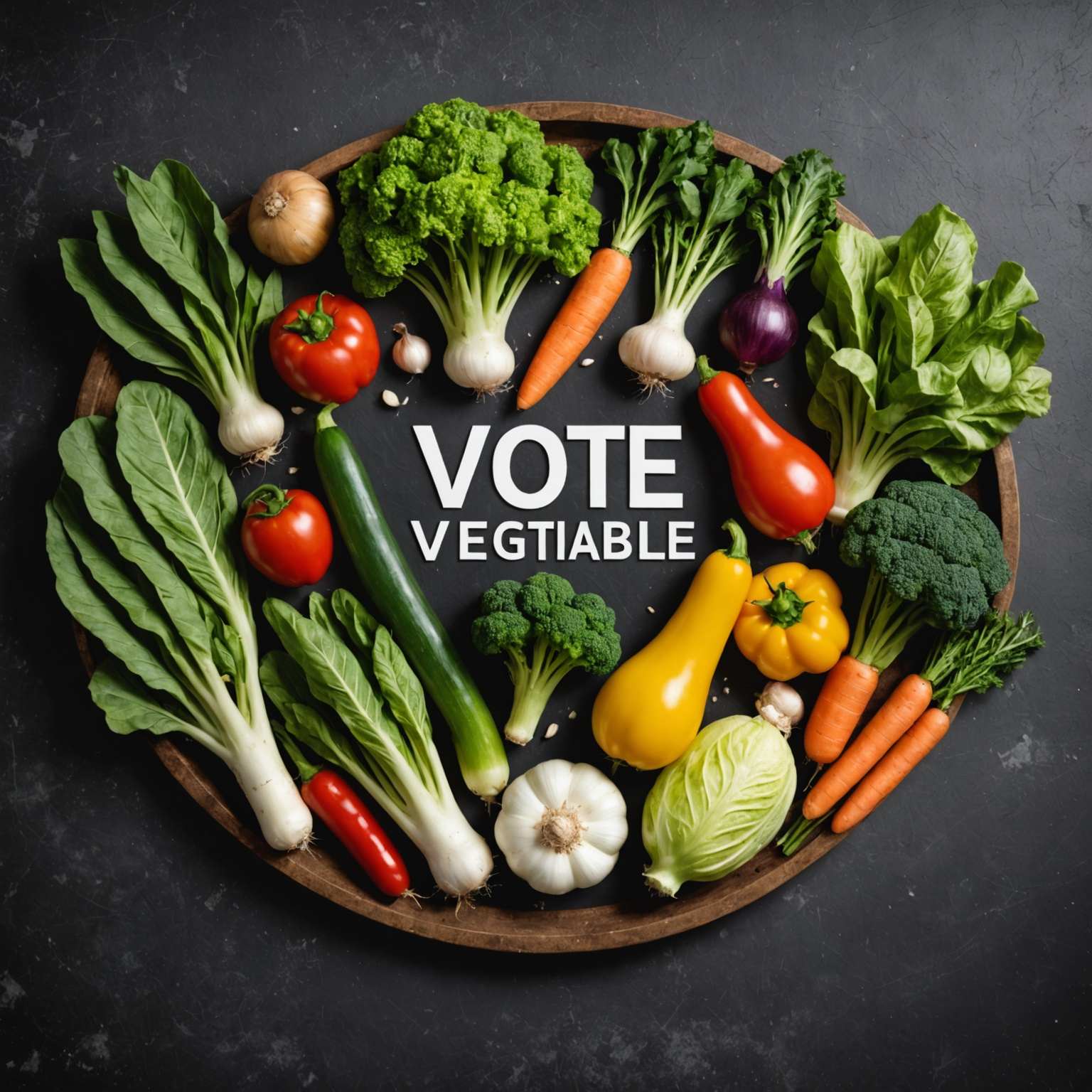
Brussels sprouts are a type of cruciferous vegetable celebrated for their impressive nutrient composition and numerous health advantages. They are abundant in vitamins C and K, fiber, and antioxidants, all of which contribute to overall health and wellness. Vitamin C plays a vital role in strengthening the immune system and promoting skin health, while vitamin K is essential for maintaining bone strength and facilitating proper blood clotting. The fiber found in Brussels sprouts promotes digestive health and helps regulate healthy cholesterol levels. Furthermore, these vegetables are rich in compounds such as sulforaphane, which have been investigated for their potential anti-inflammatory properties and their ability to inhibit cancer cell growth. Brussels sprouts can be prepared in various ways, including roasting, steaming, or sautéing, making them a flexible and flavorful addition to diverse meals. Their distinct taste and health-promoting qualities render Brussels sprouts an excellent choice for seniors aiming to improve their dietary intake.
Do you agree?
4
Carrots
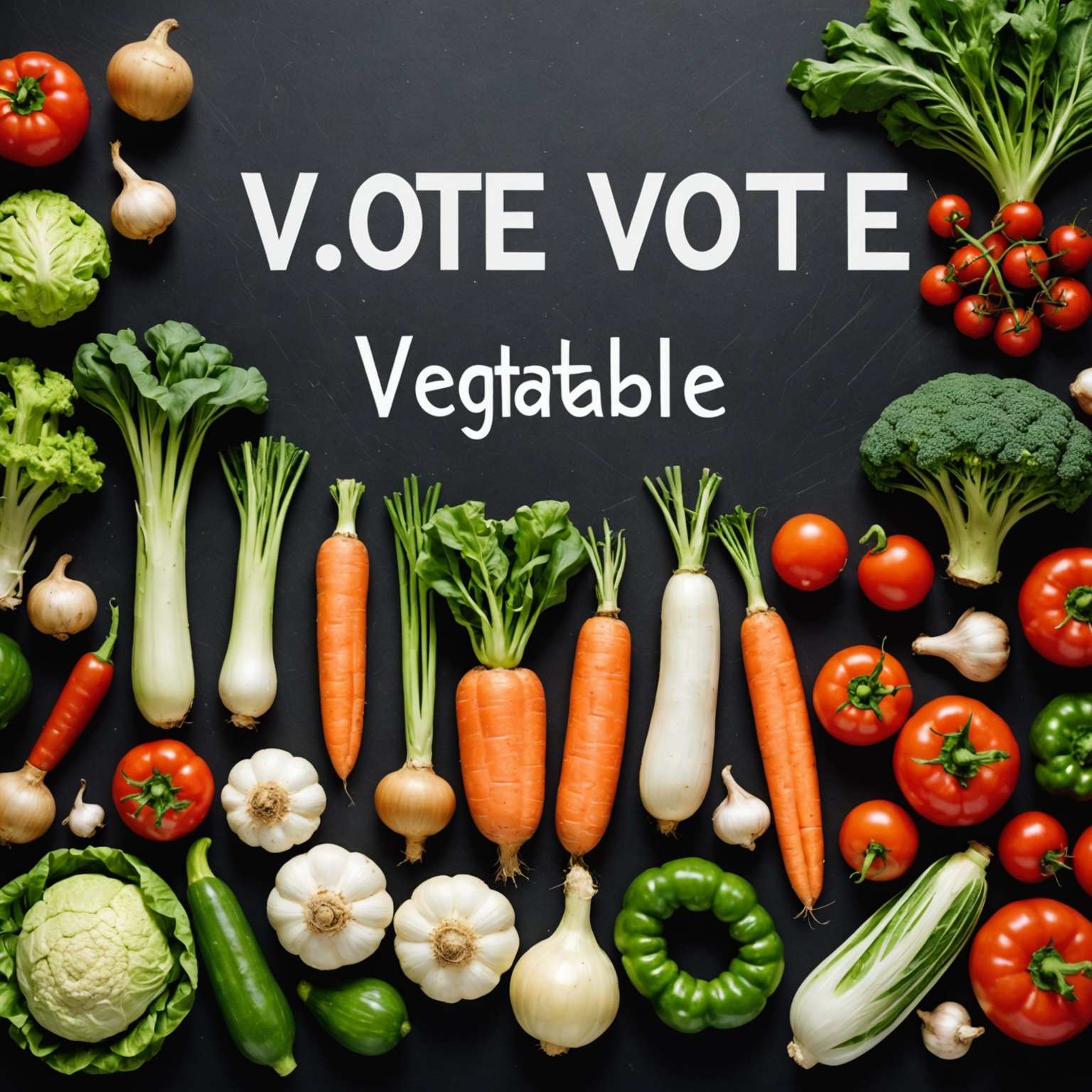
Carrots, known for their vibrant orange hue and sweet taste, offer numerous health benefits for seniors due to their rich nutrient content. They are high in beta-carotene, a compound the body converts into vitamin A, which is vital for eye health and immune system support. Vitamin A plays a crucial role in maintaining good vision, particularly in low-light conditions, and helps guard against macular degeneration. Additionally, carrots are a significant source of dietary fiber, promoting healthy digestion and stabilizing blood sugar levels. Their antioxidant properties, which include carotenoids and polyphenols, help reduce inflammation and combat chronic diseases. Carrots can be consumed raw as a crunchy snack, incorporated into soups and stews, or blended into juices. Their sweet flavor, along with their nutritional advantages, makes carrots a delightful and beneficial food choice for seniors.
Do you agree?
5
Sweet Potatoes
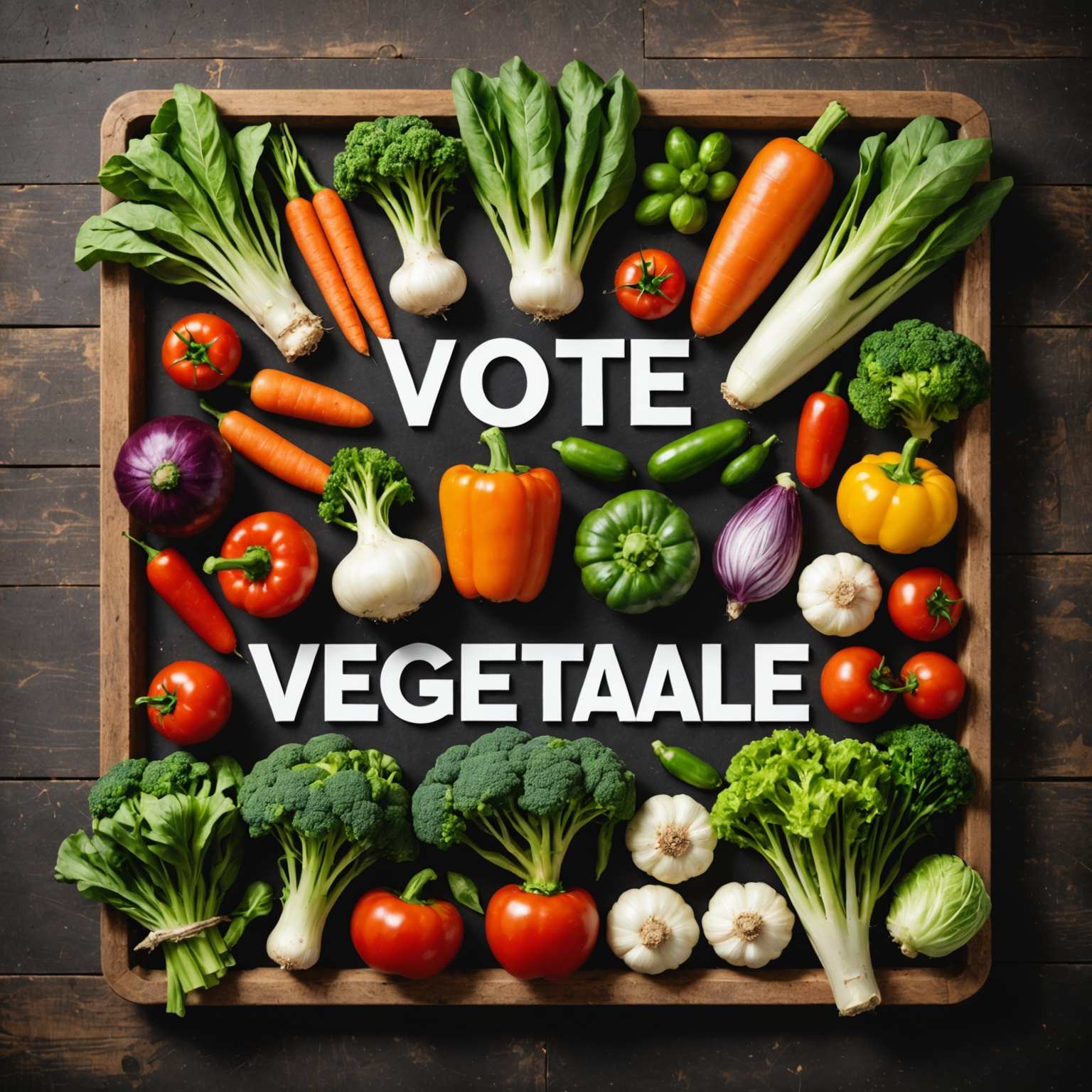
Sweet potatoes are a highly nutritious root vegetable, particularly advantageous for seniors. They are abundant in beta-carotene, which the body converts into vitamin A, thereby enhancing vision and bolstering immune function. Additionally, sweet potatoes supply vitamins C and B6, potassium, and dietary fiber. Their elevated fiber content promotes digestive health and assists in regulating blood sugar levels. Potassium plays a crucial role in maintaining healthy blood pressure, while vitamin B6 contributes to brain health and mood stability. With their naturally sweet taste, sweet potatoes can be prepared in numerous ways, such as baking, roasting, and mashing. They serve as a versatile and flavorful component of meals, delivering a harmonious blend of sweet and savory tastes alongside considerable nutritional advantages.
Do you agree?
6
Broccoli
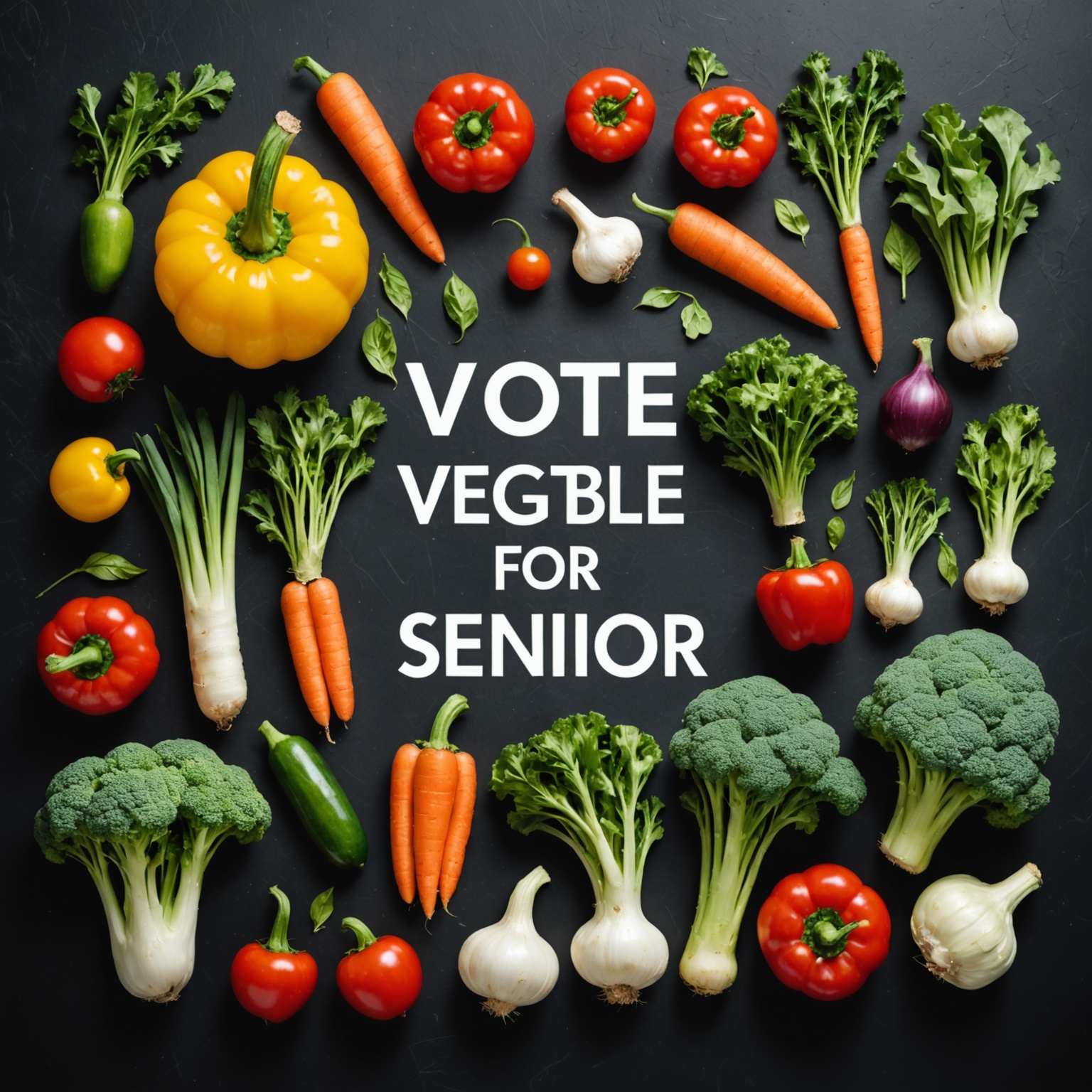
Broccoli, a cruciferous vegetable, provides a wide array of health benefits for seniors. It's loaded with essential nutrients such as vitamins C and K, folate, and fiber, establishing it as a nutrient-rich component of any diet. The high concentration of vitamin C bolsters immune function and promotes skin health, while vitamin K plays a crucial role in maintaining bone health and facilitating blood clotting. Furthermore, broccoli possesses antioxidant properties, particularly from sulforaphane, which has been researched for its ability to reduce inflammation and potentially decrease the risk of specific cancers. The fiber content aids in digestion and helps regulate cholesterol levels. Broccoli also features compounds that assist in the body's detoxification processes. It can be steamed, roasted, or incorporated into salads and casseroles, making it a versatile and nutritious choice for senior diets.
Do you agree?
Share this article




